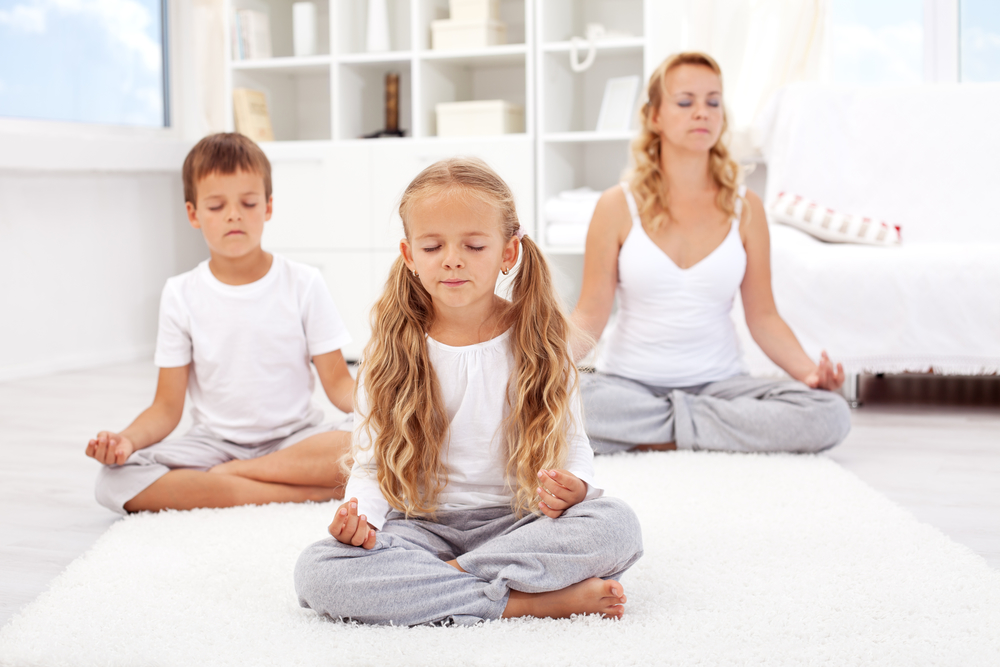While kids are growing up, it can be difficult for them to feel confident. But there are things parents can do to support their emotional growth and build confidence.
Your children’s ability to grow emotionally resilient is assisted by your efforts to help them become emotionally aware.
Building confidence in our kids starts with enhancing this emotional awareness. Building emotional awareness means helping kids to understand their emotions and to develop empathy for the people around them and their feelings.
Let’s explore various ways to foster emotional intelligence in children so they can grow up confident and capable to navigate life’s challenges.
What is Emotional Awareness?
Emotional awareness is the ability to understand and recognise the feelings you and other individuals have. It’s powerful to be able to accurately name your emotions as they arise and respond thoughtfully to those emotions instead of automatically. Developing emotional awareness allows you to become more aligned with yourself and the individuals surrounding you, resulting in healthier relationships and emotional skills.
As a parent, there will come a time to teach your children healthy ways to deal with difficult emotions. When kids are empowered with this knowledge, they can manage their feelings and understand their emotional skills as they grow up.
Empowering kids to deal with challenging emotions encourages them to express themselves and practise self-reflection and social awareness – rather than repressing or bottling up their feelings.
It also teaches kids that it is okay to feel overwhelmed or angry and that there are constructive ways to process these emotions instead of resorting to destructive behaviours.
How to Deal With Difficult Emotions
It’s important for parents to try to understand your child’s feelings without passing judgement while dealing with their challenging emotions and fears. You want to teach your children to be mindful of their feelings, develop social awareness, and be present with their emotions.
Before kids can open up to you, give them time to unwind and breathe deeply after experiencing an upsetting emotion.
This awareness is all part of their emotional learning, so the more they practise how to calm their nervous system, the better their control of daily emotions, especially in difficult situations.
As kids develop these emotional learning traits, including social interactions and accountability, you can engage your children in an activity that makes them feel good. Empowering kids can help remove their stress from negative emotions and provide comfort and understanding instead. This can be as simple as them asking you for a hug, or if they are younger it can be you showing them that a hug really helps everyone to feel good and process emotions.
Building awareness
Developing emotional awareness involves understanding how emotions manifest in the body, how emotions relate to social-emotional skills, and how to regulate these emotions.
Children can be taught techniques from a trusted adult or tools like Gheorg to build their social skills and focus on positive self-talk. Physical activity or creative outlets can also help children manage their emotional skills and cope better when situations get complicated.
The Impact of Pleasant Emotions
Pleasant emotions can build confidence in your children by providing a feeling of accomplishment. For example, when your little one shows how they can be patient and less reactive in their social skills, you can acknowledge it as a strength and they can feel good about it.
These positive feelings can make your child recognise their abilities from a young age and build their emotional development, leading to better leadership skills over time.
When a child experiences gratifying emotions like happiness and satisfaction, their confidence will grow. They’ll also be able to recognise genuine reaffirming facial expressions and social cues indicating something has gone successfully.
The more we can show children positive reinforcement as they learn to manage their social-emotional skills, the better their chance of becoming more open to taking risks or seeking out challenging tasks. They may become more confident in themselves, as a result, feeling more at ease no matter what the circumstances.
Affirming positive behaviours and reinforcing your child’s strengths will help cultivate a sense of self-worth and optimism about what can be achieved.
It’s important for everyone to be aware of our emotions. The more we tap into our feelings, then process those feelings healthily, we can build confidence and create a fulfilling life.
Dr Louise Metcalf
Dr Louise Metcalf is a Psychologist with over 30 years of experience helping people create better lives and healthier brains. Louise has worked in multiple sectors as a psychologist and has a keen interest in positive psychological change. Louise values the way one individual person can make a difference, and has a strong interest in brain health and resilience. After years of supporting children with anxiety and mental wellbeing, Louise had the idea for a robot that can help kids with their anxiety. Now launched in app form, Gheorg the friendly robot empowers thousands of children and families with emotional intelligence and mental wellbeing through check-ins and meditation exercises.









